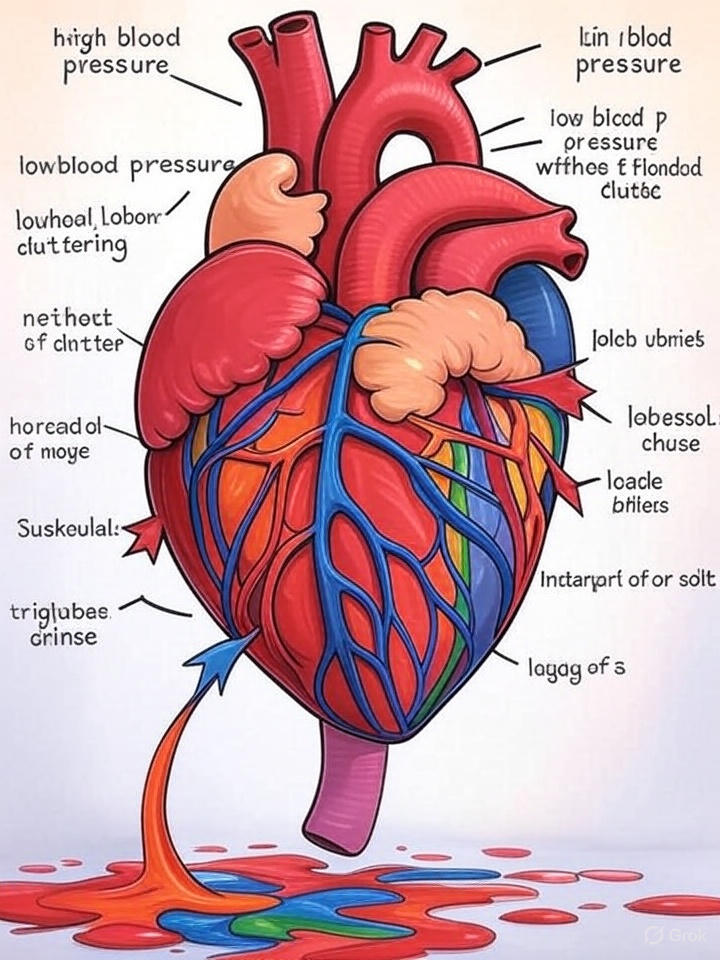1. What is Blood Pressure?
Blood pressure is a vital sign that reflects the amount of force your blood applies to the walls of your arteries as it circulates through your body. It is an essential measurement used by doctors to assess cardiovascular health and detect potential issues early. Without stable and healthy blood pressure levels, your body’s organs cannot function optimally, as they rely on a steady supply of oxygen and nutrients. Consistently high or low blood pressure can strain your heart, damage your blood vessels, and affect critical organs such as your brain, kidneys, and eyes. Understanding and monitoring your blood pressure regularly is one of the most effective steps you can take toward maintaining long-term heart health.
Every heartbeat creates a rhythmic rise and fall in blood pressure. When your heart contracts and pumps blood out into the arteries, the pressure reaches its peak, known as systolic pressure. When your heart relaxes between beats, the pressure decreases to its lowest point, known as diastolic pressure. Both values are recorded in millimeters of mercury (mmHg), for example, 120/80 mmHg.
